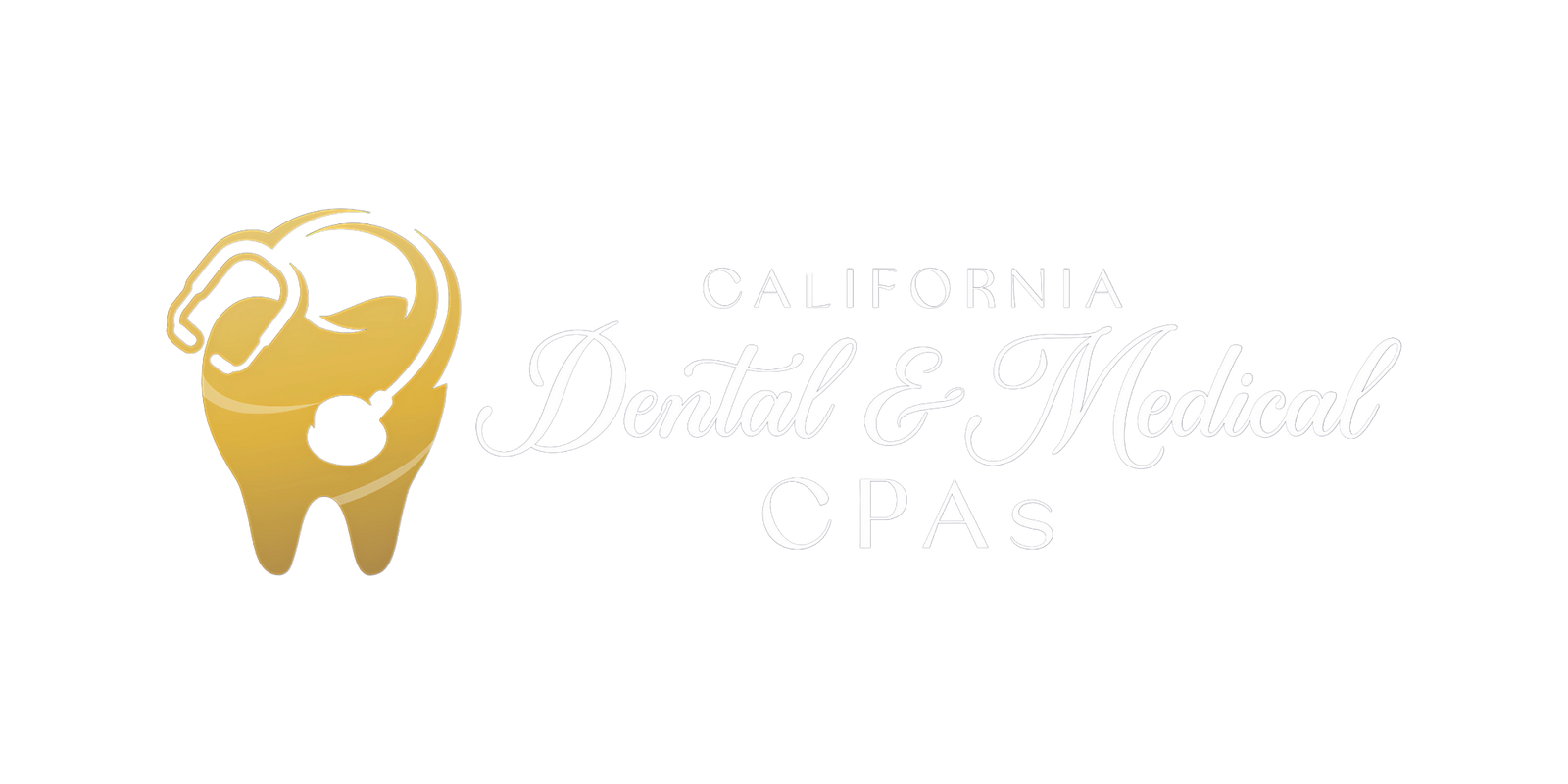If you’re a dental hygienist, knowing about tax deductions can really help you keep more of your hard-earned money. In 2025, there are specific deductions that apply to your profession that can lighten your tax burden. From uniforms to continuing education, understanding these deductions can make a big difference in your refund. Here’s a rundown of the important deductions you should keep in mind this tax season.
Key Takeaways
- Stay updated on the latest tax code changes for dental hygienists in 2025.
- Keep receipts for work-related expenses like uniforms and tools.
- Deductions for continuing education can save you money on courses and seminars.
- If self-employed, explore deductions for home office space and health insurance.
- Avoid common mistakes by keeping accurate records and consulting a CPA.
Why Dental Hygienist Tax Deductions Matter in 2025
Tax Savings for a Thriving Career
Let’s be real, being a dental hygienist is rewarding, but it also means watching where your money goes. Understanding tax deductions can seriously boost your financial health. It’s not just about saving a few bucks; it’s about strategically reducing your taxable income so you can invest more in your future. Think of it as getting paid a little extra for doing what you already do! Plus, who doesn’t love keeping more of their hard-earned money? It’s a smart move for any hygienist looking to make the most of their career.
2025 Tax Code Updates for Hygienists
The tax world is always changing, and 2025 is no different. Staying updated on the latest tax code changes is super important. What was deductible last year might not be this year, and there could be new opportunities you’re missing out on. For example, there might be changes to deductions for continuing education or home office expenses. Keep an eye on updates from the IRS and professional organizations like the American Dental Hygienists’ Association (ADHA). It’s worth the effort to ensure you’re claiming every deduction you’re entitled to. You might even want to consult with healthcare accountants to make sure you’re not missing anything.
Keeping up with tax law changes can feel overwhelming, but it’s a necessary part of managing your finances as a dental hygienist. Make it a habit to review updates regularly and seek professional advice when needed.
Top Tax Deductions for Dental Hygienists in 2025

It’s tax season again! As a dental hygienist, you work hard, and you deserve to keep as much of your income as possible. Understanding the best tax deductions for dental hygienist income can significantly lower your tax bill. Let’s explore some key deductions you should consider when filing your 2025 taxes.
Work-Related Expense Deductions
Dental hygienists often incur various out-of-pocket expenses to perform their jobs. These expenses can be tax deductible, helping to reduce your overall tax liability. For example, the cost of uniforms (scrubs, lab coats) and essential tools (dental mirrors, scalers) are deductible if they are required for your job and not suitable for everyday wear. Make sure to keep receipts and documentation to support these claims. This is a great way to lower your tax obligations.
Continuing Education and Licensing Costs
To maintain your professional standing, you need to stay up-to-date with the latest techniques and regulations. Continuing education courses and license renewal fees are deductible expenses. This includes costs for seminars, workshops, online courses, and license renewal fees. Keep records of tuition fees, travel expenses (if applicable), and course materials. These are all part of the tax deductions for dental hygienists 2025.
Professional Memberships and Subscriptions
Joining professional organizations like the American Dental Hygienists’ Association (ADHA) can provide networking opportunities and resources. Membership dues and subscriptions to professional journals are tax deductible. These expenses are considered investments in your career and are eligible for deduction. Remember to keep records of your payments to these organizations. It’s important to have effective bookkeeping to track these expenses.
Dental Hygienist Self-Employed Tax Deductions

If You’re self-employed as a dental hygienist, you have some unique tax deduction opportunities. Let’s explore some key areas where you can potentially reduce your tax burden.
Home Office and Workspace Deductions
If you use a portion of your home exclusively and regularly for business, you might be able to claim the home office deduction. This could include space for administrative tasks, record-keeping, or client communication. You can calculate the deduction based on the percentage of your home used for business, or use the simplified method. Remember, the space must be used solely for your dental hygienist business to qualify. For more support, consider consulting with a dental accountant.
Travel and Mileage Deductions
As a self-employed dental hygienist, travel for professional development or to different work locations can be tax-deductible. This includes costs for attending conferences, workshops, or traveling between multiple job sites in a day. Keep a detailed mileage log, noting the date, purpose, and miles driven for each trip. The IRS sets a standard mileage rate each year, which you can use to calculate your deduction. Remember, commuting from your home to your main place of business is not deductible. Consider these points:
- Keep detailed records of all travel expenses.
- Use a mileage tracking app to accurately record business miles.
- Differentiate between deductible business travel and non-deductible personal travel.
Health Insurance and Retirement Contributions
Self-employed dental hygienists can deduct 100% of their health insurance premiums, which can significantly lower your taxable income. This is a major advantage of being self-employed. You can also deduct contributions to qualified retirement plans, such as a SEP IRA or solo 401(k). These contributions not only help you save for retirement but also reduce your current tax liability. It’s a win-win! For more ways to maximize your earnings, consider specialized financial solutions.
It’s important to note that to deduct health insurance premiums, you (and your spouse, if filing jointly) cannot be eligible to participate in an employer-sponsored health plan. Also, be sure to keep accurate records of all premiums paid and retirement contributions made throughout the year. Proper documentation is key to substantiating these deductions.
How to Claim Dental Hygienist Tax Deductions

Keeping Accurate Records
To successfully claim dental hygienist tax deductions, meticulous record-keeping is essential. Maintain detailed records of all potential deductions, including receipts, invoices, and mileage logs. For instance, keep records of continuing education courses, professional memberships, and supply purchases. Digital tools can help streamline this process, but physical copies are also valuable. The IRS generally requires you to keep records for at least three years from when you file your return.
Working with a Dental CPA
Consider consulting with a dental accounting professional who specializes in the dental industry. A Dental CPA can provide tailored advice on maximizing deductions and ensuring compliance with tax laws. They can help you navigate complex tax regulations, identify overlooked deductions, and represent you in case of an audit. A CPA with dental-specific knowledge understands the unique financial challenges and opportunities for dental hygienists. For example, CA Dental & Medical CPA can help with deduction optimization.
Seeking professional guidance can save you time and money in the long run. A dental CPA can help you avoid common tax filing mistakes and ensure you’re taking advantage of all available deductions.
Maximizing Tax Savings for Dental Hygienists

Timing Your Expenses
Strategic timing of expenses can significantly impact your tax liability. Consider accelerating deductible expenses into the current year or deferring income to the next, depending on your projected income and tax bracket. For example, if you anticipate a higher income next year, prepaying for continuing education courses this year could provide a larger deduction now. This is a key strategy for financial analysis.
Avoiding Common Tax Filing Mistakes
Several common errors can lead to missed deductions or even audits. One frequent mistake is failing to keep adequate records of expenses. Another is misunderstanding which expenses qualify as deductible. Double-check all calculations and ensure you have proper documentation for every deduction claimed. For instance, be sure to differentiate between deductible professional expenses and non-deductible personal expenses. Also, be aware of the implications of the Dentist and Dental Hygienist Compact if you practice in multiple states, as this can affect your state tax obligations.
It’s important to stay updated on the latest tax laws and regulations to ensure compliance and maximize your tax savings. Consult with a tax professional to address your specific circumstances and avoid costly mistakes.
Dental hygienists can save a lot on taxes if they know what to do. By keeping track of your expenses and understanding what you can deduct, you can keep more money in your pocket. Don’t miss out on these savings! Visit our website to learn more about how we can help you maximize your tax benefits today!
Wrapping It Up: Maximize Your Tax Savings
In conclusion, understanding and utilizing the tax deductions available to dental hygienists can really make a difference in your financial situation. From uniforms and tools to continuing education and insurance premiums, there are plenty of opportunities to save. Keep good records and stay informed about what you can claim. It’s worth the effort to ensure you’re not leaving money on the table. So, as you prepare for tax season, take the time to review these deductions and consult with a tax professional if needed. You might just boost your refund significantly!
Frequently Asked Questions
What are dental hygienist tax deductions?
Tax deductions for dental hygienists are expenses that can lower your taxable income. This means you can pay less in taxes.
Why should dental hygienists care about tax deductions?
Understanding tax deductions can help dental hygienists save money, making their careers more financially rewarding.
What common expenses can dental hygienists deduct?
Dental hygienists can deduct costs for uniforms, tools, education, and professional memberships.
Can self-employed dental hygienists claim more deductions?
Yes, self-employed dental hygienists can claim additional deductions like home office expenses and health insurance.
How do I keep track of my deductions?
Keep all receipts and records of your expenses. This helps when you file your taxes.
Is it necessary to hire a CPA for tax deductions?
While not required, working with a CPA who understands dental taxes can help you maximize your deductions.
What should I do if I made a mistake on my tax return?
If you realize you made a mistake, you can file an amended return to correct it.
How long should I keep my tax records?
It’s best to keep tax records for at least three years, but some documents may need to be kept longer.






